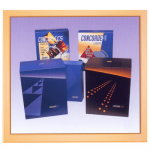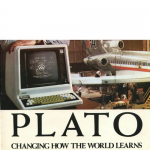Steve Jobs: The Exclusive Biography
Steve Jobs was commercially successful in being Steve Jobs. Everyone else is better off remaining who they are.
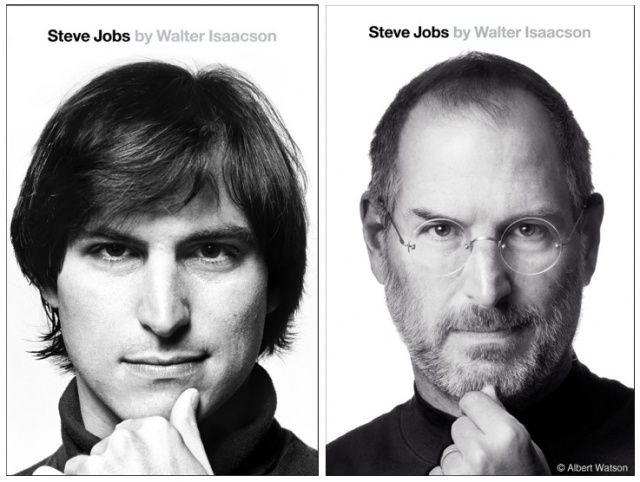
A review of Walter Isaacson’s book Steve Jobs: The Exclusive Biography at this point in time (May 2019) is like being way too late for a dinner appointment, where the food is eaten and the other guests are gone. However, in October 2011 when it all happened, there was so much about Steve Jobs in the media that I often got slightly nauseated by seeing another quote, article or book. And then I read Karen Blumenthal’s Steve Jobs – The Man Who Thought Different: A Biography (February 2012), which, despite its only 321 pages, was superficial and dull. After that, I suffered from Steve Jobs fatigue.
It was the reading of John Carreyrous’s excellent book, Bad Blood: Secrets and Lies in a Silicon Valley Startup (May 2018), that brought me to Walter Isaacson’s Steve Jobs biography. The Bad Blood protagonist, Elizabeth Holmes, read Walter Isaacson’s book while building her own company, Theranos, and tried imitating Steve Jobs’s approach and behaviour. It certainly did not go well. In fact, it was a disaster. How could anyone who attempted to emulate Steve Jobs burn over a billion dollars, make a big hole in the ground and leave hot-shot celebrities embarrassed? Was it Jobs that was too hard or not worth imitating, or were there other explanations? Read Bad Blood and make your own conclusions. It’s hair-raising reading that will make you a little wiser on the way of the world and teach you that what you see on the surface seldom is a reflection of what is below.
A well-written book on the IT industry’s development
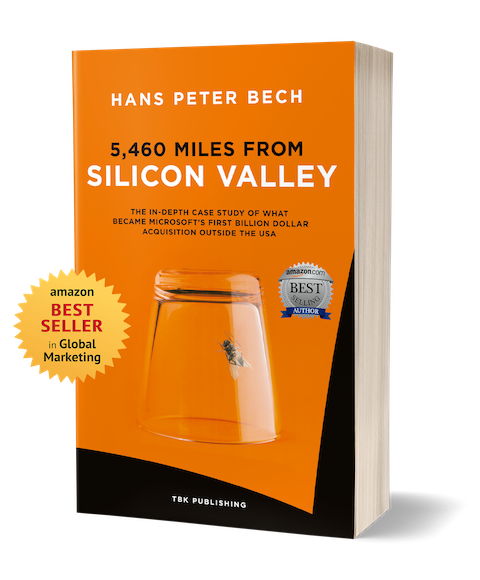
Thoroughly researched, Walter Isaacson’s biography is insightful and well-written. A real pleasure to read. It tells the full story of Steve Jobs for good and bad, but it also tells the story of the developments in the IT industry from the late 1970s to the present day. A development that Steve Jobs and Apple both affected and by which they were influenced.
I have been in the IT industry since January 1980, and it is probably the book’s description of its development and the many upheavals that, in my humble opinion, are the most interesting. For some of the period, it is the exact same environment that forms the basis of my biography of Damgaard Data and Navision Software.
The audacious ambition
I wonder why so many entrepreneurs have Steve Jobs as their role model because according to the book, the admiration was certainly not reciprocated. Steve Jobs’s dream was to build a long-lasting global company, and he had contempt for investors and others who only speculated in rapid growth and stock market listings.
Personal wealth was never Steve Jobs’ point of reference.
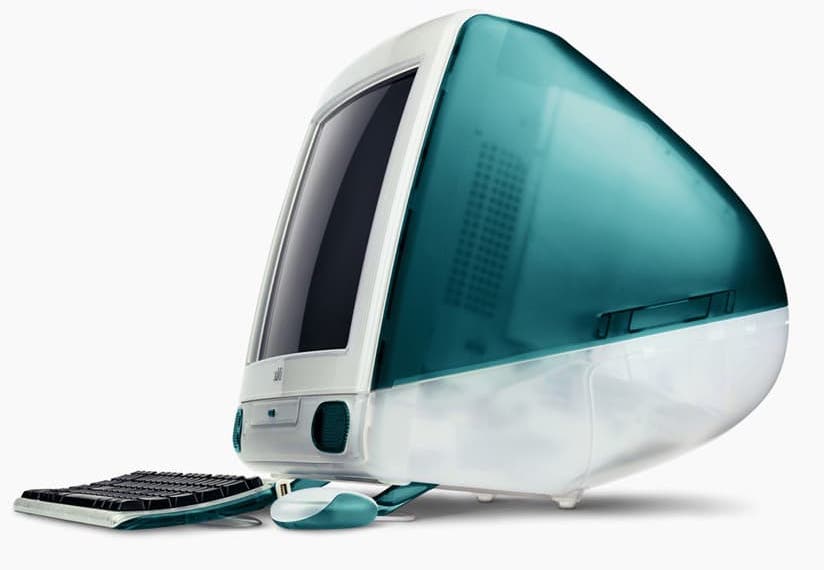
He didn’t believe in sending half-baked and unambitious products to the market. Minimum Viable Product was not a concept that Steve Jobs subscribed to, but after the success of the Apple II personal computer, you can hardly call the company a startup any longer. Macintosh, iMac, MacBook, iPod, iPhone, iPad and all the other products we know today were developed and marketed after Apple became a world-renowned brand, and Steve Jobs himself was at the same celebrity level as Lady Gaga enjoys today.
The book also details the period when Jobs started and ran the computer company Next. It was not a success. If Apple hadn’t called him back, his legacy would certainly have looked different.
In many ways, the book illustrates how arbitrary business success actually is. No one can claim that Steve Jobs was not ambitious, enterprising, energetic, and hard-working. But his commercial success (was he ever truly happy?) was also due to a perfect timing that no one could foresee. It cannot be compared to winning the Lotto, which is completely stochastic, but having the will and the ambitions are seldom enough the make a business succeed. Looking at his entire career, there were many flops.
You can’t mimic Steve Jobs
It is perfectly OK that amateur musicians have the Beatles as their musical role models, but if you really want to sound like The Beatles, then it requires hard work and the attention to detail for a long period of time. If you want to influence the music and culture as The Beatles did, it is not enough to copy their music. Nobody has yet found the recipe for setting new trends and changing the world. There is no recipe for success.

When someone admires and maybe even chooses Steve Jobs as their role model, it must be because they are impressed by his business success. It can hardly be because they want to copy his ways. The book clearly explains how both his style and behaviour were counterproductive.
Steve Jobs met Steve Wozniak with whom he ran Apple from 1976 to 1985. The company went public in 1980 and achieved instant financial success. Although he had a very long-term perspective, Job´s behaviour was situational, impulsive, and capricious. From a positive angle, one can call his leadership style objective-based and uncompromising, but is it worth imitating? Are there not many examples that being uncompromising can also lead to failure?
So what?
After reading 656 pages about Steve Jobs and his journey from cradle to grave, I feel a little empty inside. What is this story actually about? Why was Steve Jobs so keen on having his life documented? What can you learn from it?

I am writing these words in Apple Pages on my Mac Mini, which is connected to a 27 inch Apple Thunderbolt display equipped with a Magic Keyboard and a Magic Mouse. Tomorrow I’m at my favourite café and will be writing on my MacBook Pro. The likelihood that a few paragraphs will also be written on my iPad is reasonably large. Since April 2009 I have been a very loyal Apple customer, and in our little household we now only have Apple equipment.
I will not claim that any of these neat Apple devices should have changed my life. I know many who do not own an Apple device, do well without them and are perfectly happy. Apple has in some contexts pushed the development of information technology and the way we access music, but in other areas, they have been lagging behind (streaming – Apple Music). The world is hardly much different because of Apple.
Building a company like Apple is a rarity and not something anyone can do at will. The fact that Steve Jobs for a while left and returned to become CEO again is extremely unusual. Therefore, the biography is justified, and since it is thoroughly researched and well written, it is also entertaining reading. But I don’t think anyone can copy anything that happened, the way Job worked or the behaviour he exhibited. His actions were closely associated with the situations that arose and the time in which he lived. Steve Jobs was commercially successful in being Steve Jobs. Everyone else is better off remaining who they are.
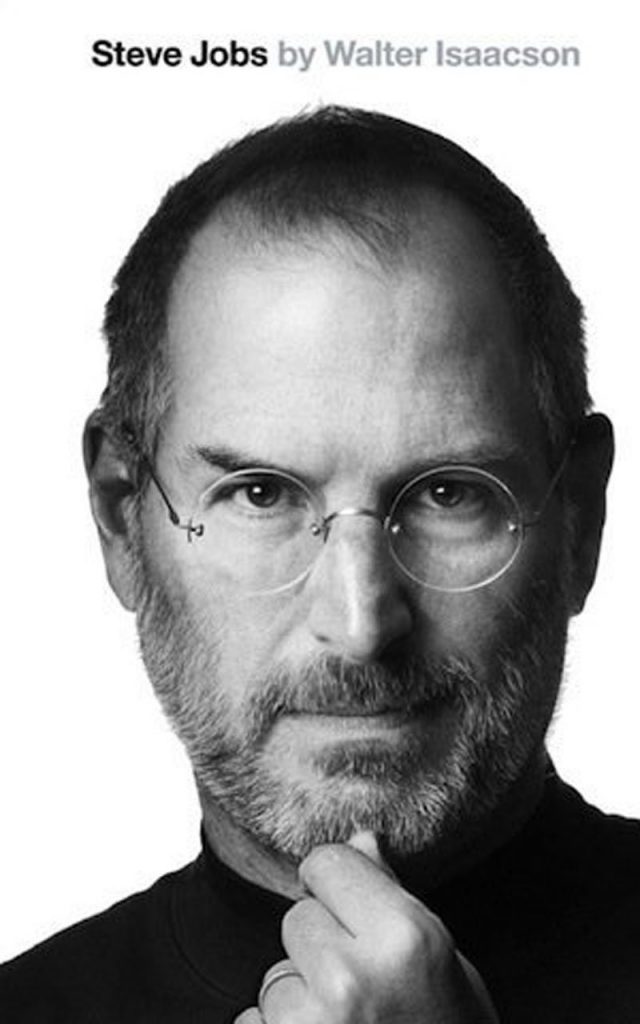
Title: Steve Jobs: The Exclusive Biography
Number of pages: 565
Author: Walter Isaacson
Publisher: Simon & Schuster
Date of publication: 24 October 2011
Prices: $6.81 for Kindle or $14.79 for the printed version.
Recommendation: Can be recommended for anyone interested in business history
Reviews: The book has received thousands of positive reader reviews.







